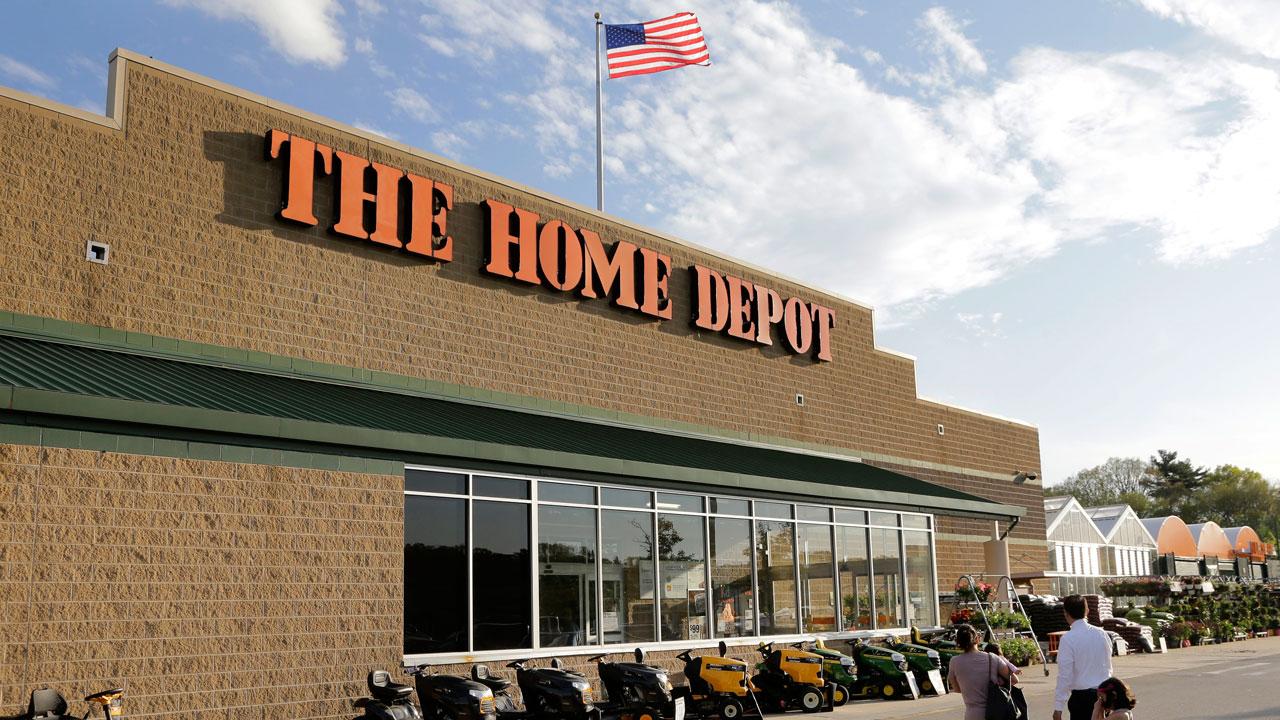Home Depot co-founder: Profits are not the only measure of success
American businesses are giving and doing more than ever before, like the hundreds of companies that have pledged bonuses, raises, new or expanded benefits, or price reductions since December, when Congress retooled the federal tax code for the first time in 30 years.
Those responses are tremendous—they could mean a family’s first vacation or provide hope of paying down medical expenses or debt—but understand that business need not rely on unexpected windfalls before realizing the benefits of giving back.
Often, corporate generosity is regarded as a mechanism for quick publicity: buzz for bonuses, celebrity for charity. But to be transactional in charity is to miss the opportunity it presents for the bottom line and beyond, as I learned thirty years ago when a poor, elderly woman walked into her local Home Depot. Her roof was in desperate need of repair, but she had only five dollars to offer.
That singular episode, and everything we learned about corporate generosity as a consequence, changed our business. I’d even venture to say it was fundamental to its success.
This woman had no money to give and no favors to return, and we weren’t exactly flush with cash at the time, but we resolved as a company that honoring our social contract with the communities in which we operated—that to be in them required truly being a part of them—was important.
Despite our own resource limitations, we pledged to donate the supplies to match the store’s associates pledge to donate their labor. So we built her a new roof, and then we built her a deck. We installed new lighting and patched damaged walls. Together we renovated her entire home.
At the time, we didn’t appreciate the full scope of what was happening and all the possibility it presented for our company and its culture. But when that store became one of the top-performing in the country—and its employees wanted to come to work, and to stay, and to collaborate, and to serve with passion—we began to.
We learned that giving back in a deliberate, thoughtful way helped grow our business by making it a place that attracted and retained both talent and customers.
What happened by chance grew in time into a company-wide commitment whose breadth surprised even me sometimes, like when a federal building exploded in Oklahoma City on an April morning in 1995.
The Home Depot had two stores in the city at the time of the explosion. I was immediately concerned that our employees or their families had been affected, but couldn’t reach the manager for either store despite repeated attempts.
Unbeknownst to anyone in our corporate leadership, these two managers had loaded down company trucks with shovels, hammers, pick axes, and tarps--everything needed for a rescue operation--from their stores before racing to the scene of the devastation to aid in the emergency recovery of injured persons.
When finally we spoke, they told me they understood their actions meant they would be terminated. None of the inventory they raided could be accounted for, after all.
Quite the opposite, I told them: they were our greatest heroes. And it’s because of those two heroes that The Home Depot has been on the scene with recovery supplies in countless natural disasters and major emergency situations since.
Earlier this year, I joined as an inaugural ambassador of goBeyondProfit, a new business leader-led initiative to celebrate and encourage corporate generosity in all its various forms, because I want to share with others what we learned at The Home Depot: that giving back is as good for your business as it is for the community it serves.
Giving back can hurt, as it did when we fronted the cost of a roof 30 years ago as a humble start-up. But going beyond profit was the best business decision we ever made.
Bernard Marcus is a businessman and philanthropist. He is a co-founder of The Home Depot and serves as chairman of The Marcus Foundation.




















